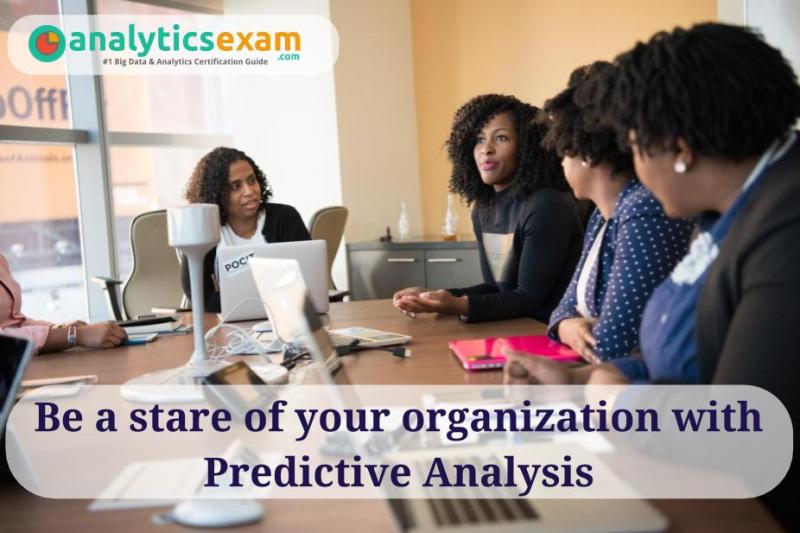
With data increasingly vital to business success, business intelligence (BI) continues to grow in importance. With a strong BI strategy and team, organizations can perform the kinds of analysis necessary to help users make data-driven business decisions. BI encompasses numerous roles. BI analysts, with an average salary of $67,650 according to PayScale, provide application analysis and data modelling design for centralized data warehouses and extract data from databases and data warehouses for reporting, among other tasks. BI developers, with an average salary of $79,218 according to PayScale, work with databases and software to develop and fine-tune IT solutions. BI architects, with an average salary of $112,043 according to PayScale, analyse and implement BI for their organizations, with responsibilities that range from determining platforms to building and maintaining data warehouses. BI directors, with an average salary of $128,512 per year according to PayScale, lead design and development activities related to the enterprise data warehouse. IT Skills Demand and Pay Trends Report, research firm Foote Partners notes that cash pay for tech certifications is near its five-year low having increased by 4.3 percent from a year ago. The premium for data/database certs has fared better. Foote Partners called out the MCSE: Data Management and Analytics certification as an exception, gaining more than 10 percent in value from the previous quarter. Overall, premiums for single certifications are boosting base salaries by 7.3 percent, according to Foote Partners.









